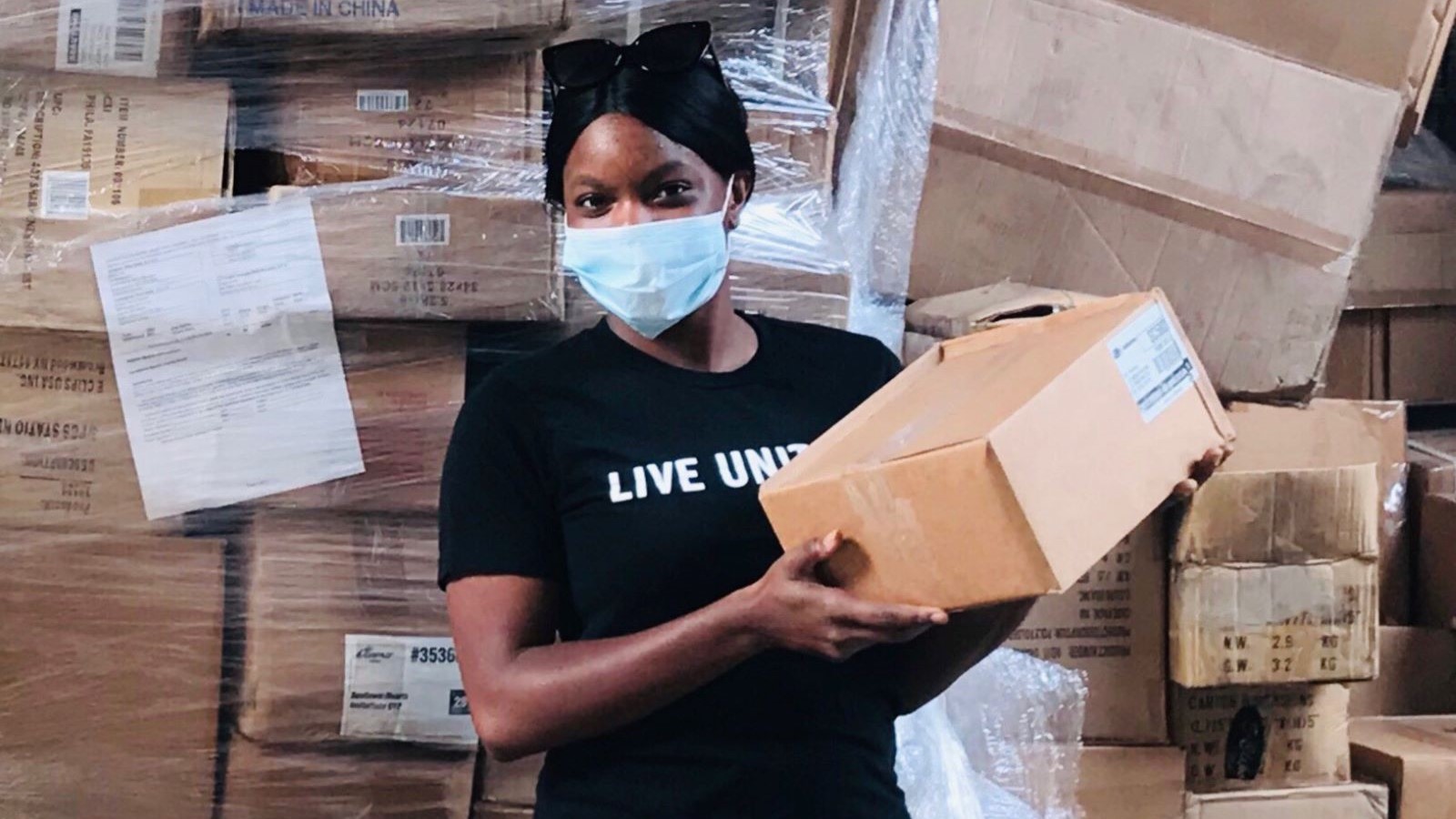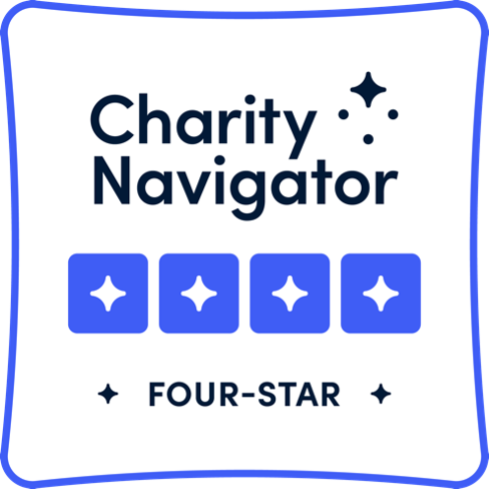The pandemic outbreak of the coronavirus obviously created new problems for communities in Greater Atlanta, but those communities most affected didn’t come as a surprise.
COVID-19, the disease caused by the novel coronavirus, quickly grew from a harrowing health crisis to a full-scale economic and social disaster. But there’s much to be learned from it.
This is what United Way of Greater Atlanta knew all along: The communities most directly impacted by this disease would be those areas of low child well-being—those that lack resources and access to resources more readily available in neighboring zip codes.
So, what do we do about it?
United Way had its first of a series of virtual town halls on May 7 to discuss how we can work together to protect ourselves and our community from the impact of the current pandemic.

The discussion between Dr. Elizabeth Ford, CEO and district health director of DeKalb Board of Health, United Way’s President and CEO Milton J. Little Jr. and Chief Community Impact Officer Katrina Mitchell focused largely on what communities are doing to stem the spread of COVID-19, and how nonprofits, individual donors and corporations have worked together to respond to Greater Atlanta’s greatest needs.
On March 26, United Way and Community Foundation for Greater Atlanta announced its first round of grants allocated from its Greater Atlanta COVID-19 Response and Recovery Fund.
The prior week, Community Foundation for Greater Atlanta and United Way of Greater Atlanta announced the Greater Atlanta COVID-19 Response and Recovery Fund to direct funding to nonprofit organizations and other agencies on the front lines helping our region weather this unprecedented health crisis.
Mitchell said during the town hall that more than 1,600 individual donors helped raise a total of $24 million for the fund. In six funding cycles, United Way and Community Foundation distributed more than $17.3 million to 320 nonprofits with an average grant of $54,213 and a range in grants from $1,500 to $750,000.
There were 114 agencies in the health care space, and a total of $5.2 million allocated to those agencies.
“When the pandemic first struck, and we realized it was going to be something significant, one of the things we did was reach out to community partners we support through our CWB Impact Fund, investment funds and specific initiatives and work within collaborative networks,” says Ebony Johnson, director of Place-Based Investments for United Way of Greater Atlanta. “We wanted to get a pulse from our boots on the ground
Access to medication was one of the most immediate needs, as well as a need to switch to telehealth for direct service providers. There was also a need for personal protection equipment.
“For some of the smaller charitable clinics, that was a huge gap, and many had to reduce in-person services and move to digital and virtual platform,” Johnson says. “Depending on what their service capacity was, shelter-in-place reduced their operations, and agencies furloughed employees or permanently removed staff… For our disability allies, and folks that highly depend on direct service, social isolation was a huge challenge and that still continues.”
About two weeks into March, major cities across the country began shutting down businesses and schools in an attempt to slow the spread of the coronavirus. As of May 19, the infectious disease, which is a respiratory illness with symptoms such as cough, fever and in severe cases, difficulty breathing, has infected more than 1.48 million people and killed more than 89,000.
Georgia announced a semi-quarantined “shelter-in-place” order April 8, but Gov. Brian Kemp’s initial order has begun rolling back restrictions in a phased reopening.
Ford said on May 7 the board of health receives regular updates on COVID numbers across the state, but she said the most “telling” statistics were coming from communities of color. She said while the disease had spread across the state of Georgia, there was a “great overabundance of brown and black people who are testing positive with the disease.”
In those communities, Mitchell said, and Johnson later confirmed that food insecurity, health and housing support presented some of the biggest challenges—the loss of jobs had only exacerbated these challenges.
“A [challenge for many in communities of color] is access to employment,” Johnson says. “Many of these folks are essential workers—restaurant workers, hospitality, health care, contractors or gig workers, and once the shelter-in-place order was put in place, people were in a panic and rightfully so. We saw a spike in the need for access to food, rent and mortgage and utility assistance and other supportive services. This was backed by the calls and data we received from 211.”
United Way and Community Foundation quickly helped fund agencies that could provide access to food, access to prescriptions, medical and behavioral health visits to doctors via telehealth, and personal protection equipment to frontline workers.
It was necessary to collaborate, unite together and work toward a “new normal” in which there’s more equity and opportunity spread across the region.
This is the only way to reverse what had been inevitable when the pandemic first struck in March.
Little said May 7 United Way would continue to “strategically invest” in areas where people of color face the most severe and urgent challenges.
Johnson applauded the work of the organizations to come together during this time of crisis to be “responsive to the community,” and she said it was a “beautiful display” to see how we can all “come together to help those most in need.”
“We are all interdependent on one another whether we know it or not,” Johnson says. “The response has been great, but the hardest part for us is the recovery part.
“We won’t be the same after this, but that’s the ‘lemonade’ part of life giving you lemons. We now have the opportunity to absolutely re-shift how we look and respond to people, and I’m hoping that is something that will come from all of this.”
If you want to help with the response and recovery of Greater Atlanta, donate to the Greater Atlanta COVID-19 Response and Recovery Fund. To ensure that Greater Atlanta communities have what they need to create a new normal and ensure all children can reach their potential, donate to the Child Well-Being Impact Fund.





